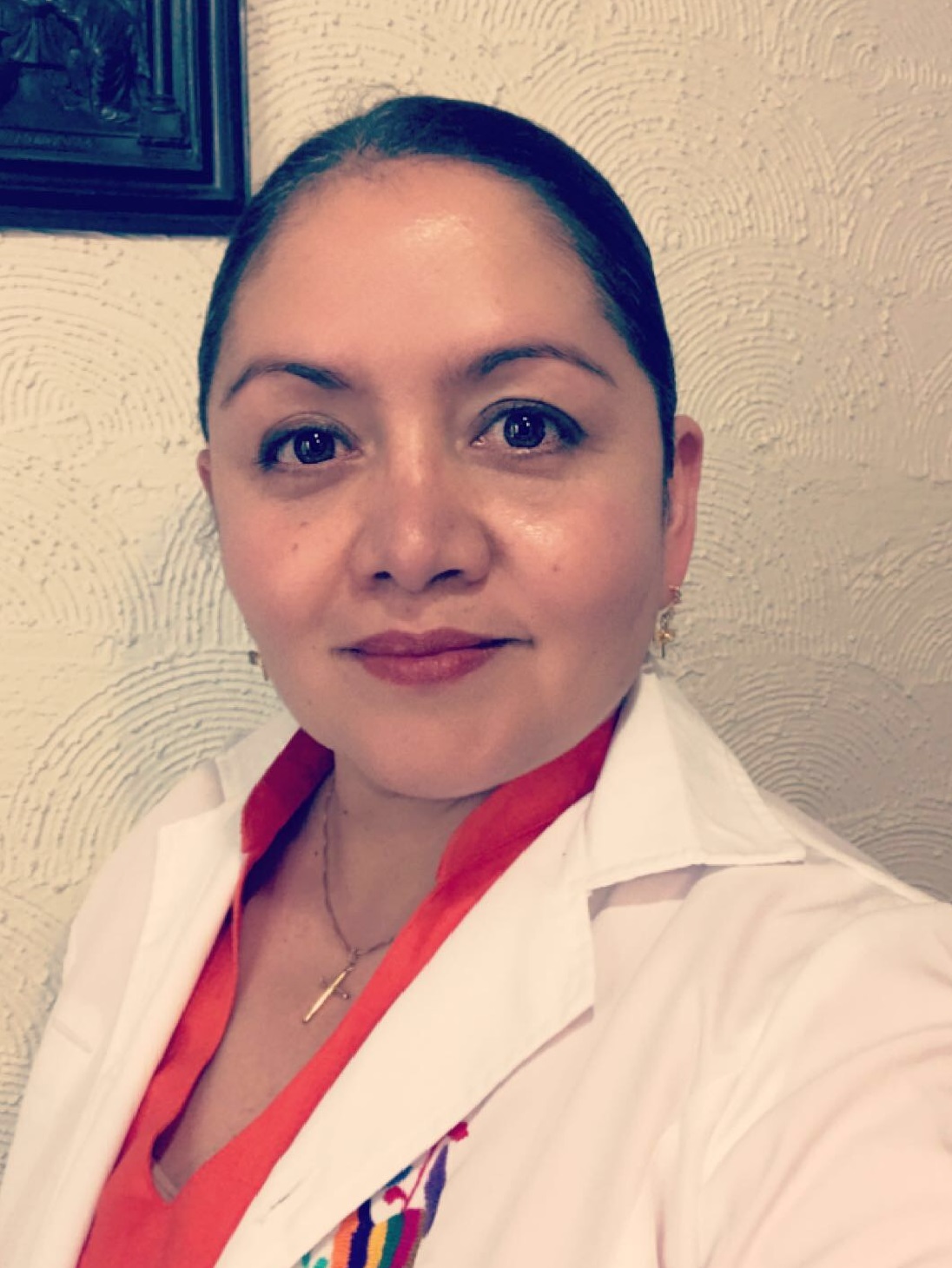
Genetic counselling and pre-symptomatic diagnosis (PD) have been scarcely investigated in monogenic hereditary cerebral small vessel diseases, including retinal vasculopathy with cerebral leukodystrophy (RVCL). We describe the sociodemographic characteristics, motivations and the recent outcome of PD in subjects at risk of RVCL in four-generations of a large genealogy where three related-clinical cases were previously confirmed by molecular tests. Participants were studied based on three strategies: screening for TREX1 gene mutation, a health education session, and genealogy study of the families involved. A multidisciplinary team participated in the PD program, including neuro-geneticists, neurologist, social workers, psychiatrists and neuropsychologists. Only 11 related-subjects requested for a PD of RVCL. The distribution of gender in the participants was equal, six participants had not a stable relationship, and the remaining five already had offspring and partner. Participants in the PD were of similar sociocultural level. After neuropsychological testing and psychiatric interview, only 8 out of 11 people were given the results, six individuals were positive for the mutation and two negatives. The remaining three individuals were referred for psychiatric attention due to symptoms of depression and anxiety. After having improved from his depressive symptoms, one of these subjects received his positive genetic result. Some months later, another asymptomatic relative visited us to request her result; but she did not come back. The presence of consanguinity in two marriages raises new ethical dilemmas for geneticists. Three subjects dropped-out after the first step of the procedure in this study, which is in agreement with the percentage reported for similar disorders. These initial data in familial RVCL show that PD is requested and that there is high dropout rate. The main motivation to ask for PD in RVCL was to plan their future based on their genetic information. Based on our experience, we followed a multistep procedure for genetic counselling and PD for RVCL in order to obtain minimal harmful consequences of genetic testing and a high psychological well-being after the PD process.








